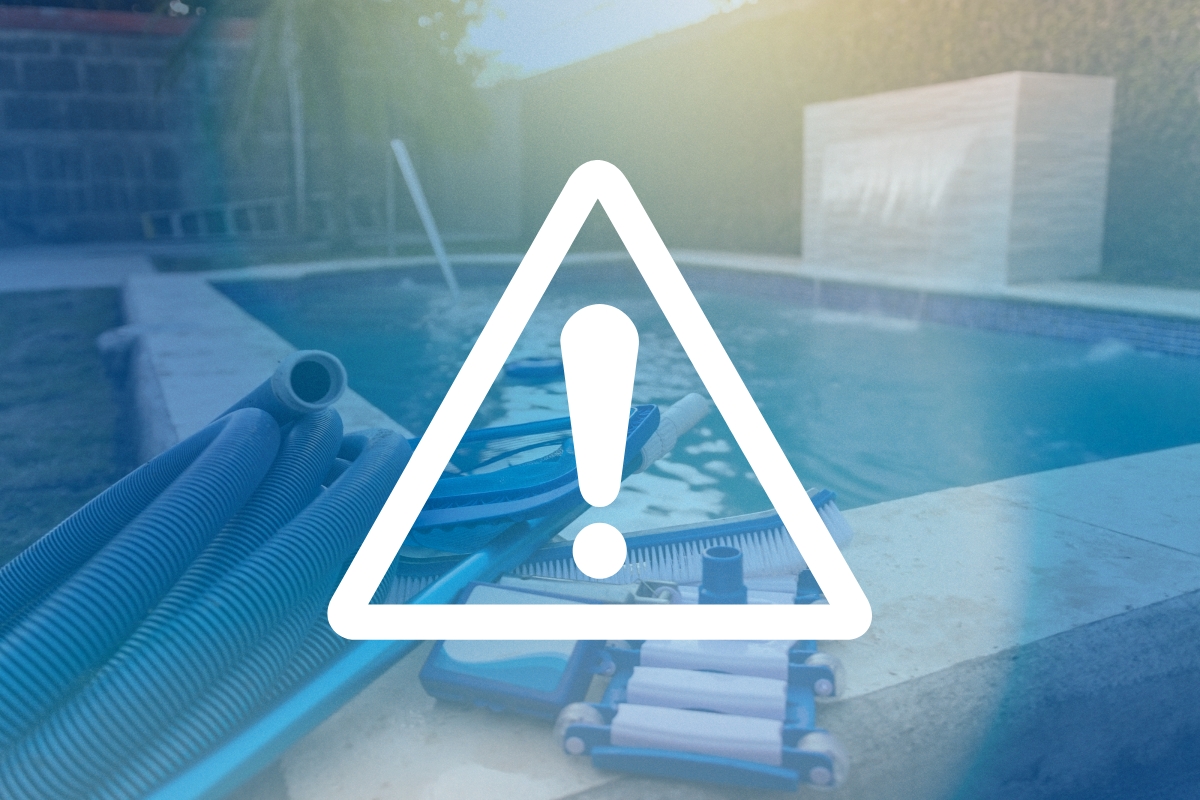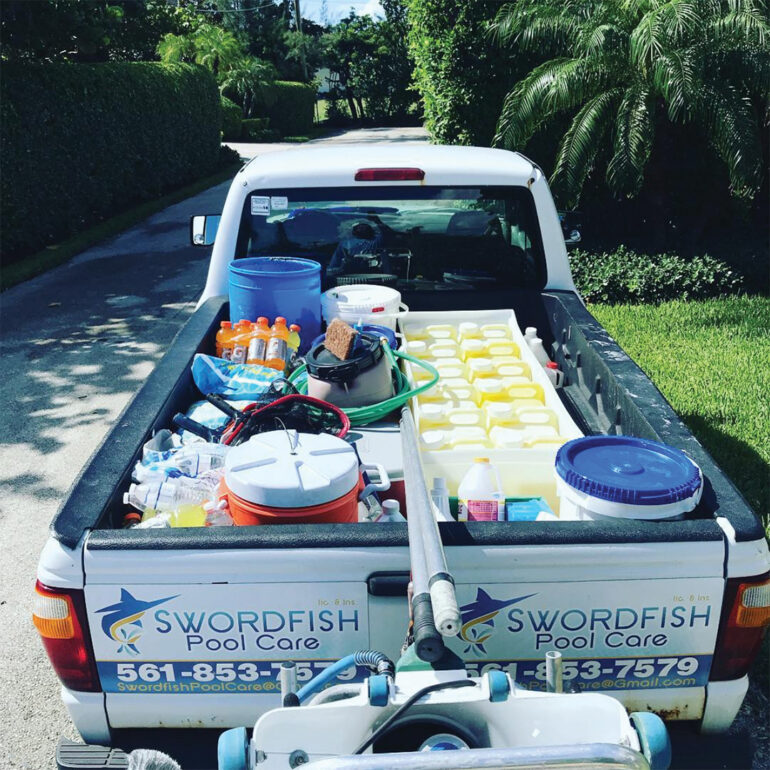Danielle’s Tips

When securing your business, general liability insurance is an essential safeguard against claims that could otherwise threaten your financial stability. However, shopping for this coverage can be daunting, especially when faced with several options and prices. While it may be tempting to go for the cheapest policy, it’s crucial to remember that affordability does not always mean adequacy. There are key factors to consider when shopping for general liability insurance, and it’s important to understand what each policy truly offers.
In the competitive insurance market, rates can vary significantly from one provider to another. Business owners often gravitate toward the lowest-priced option, believing they are making a savvy financial decision. However, a lower price tag can sometimes indicate less comprehensive coverage or exclusions that leave you vulnerable when you need protection the most.
What the policy offers matters, so before signing on the dotted line, look at the details. If your business includes draining or filling pools, confirm whether incidents like pool pop-ups or overflow damage are covered. Failing to do so could result in significant out-of-pocket expenses should an accident occur.
Be cautious and clarify if your policy is shared with others. A shared policy might have limitations on coverage, which could affect your claim process. Additionally, if multiple claims arise simultaneously or one insured party has a very large claim, the aggregate limit can be exhausted. This leaves other parties vulnerable and potentially without coverage for their claims.
Be aware of the policy’s rating. A rated policy indicates an insurance company’s assessment of risk, which can directly influence your premiums and coverage options. An A-rated policy in a general liability insurance context refers to a policy issued by an insurance company that has received an “A” rating (or equivalent) from a reputable rating agency, such as A.M. Best, Fitch Ratings or S&P Global. Having an A-rated policy is beneficial because that insurer is generally considered financially stable and capable of meeting its obligations. In the event of a claim, the insurer is more likely to be able to pay out the necessary amounts without facing financial difficulties.
Review how efficiently the insurance provider handles certificates of insurance. Timely issuance can be critical, especially when you’re working with vendors or clients who require proof of insurance before proceeding with contracts or services.
The customer service provided by your insurer can make a significant difference, especially when navigating claims. Take the time to read reviews, reach out with questions and gauge their responsiveness. A company with excellent customer support can ease the process when you need to file a claim.
The primary goal of having general liability insurance is to protect your business against unexpected events. If you choose a less expensive option without thoroughly investigating the policy, you may find yourself in a precarious situation where a claim is not covered.
Choosing the cheapest policy can come with hidden costs. Rather than focusing solely on price, prioritize finding a balanced policy that offers robust coverage and positive service experiences.
Remember, the best insurance policy is one that provides you with peace of mind and adequate protection, ensuring that when a claim arises, you won’t be caught off guard. After all, it’s better to be safe than sorry.






